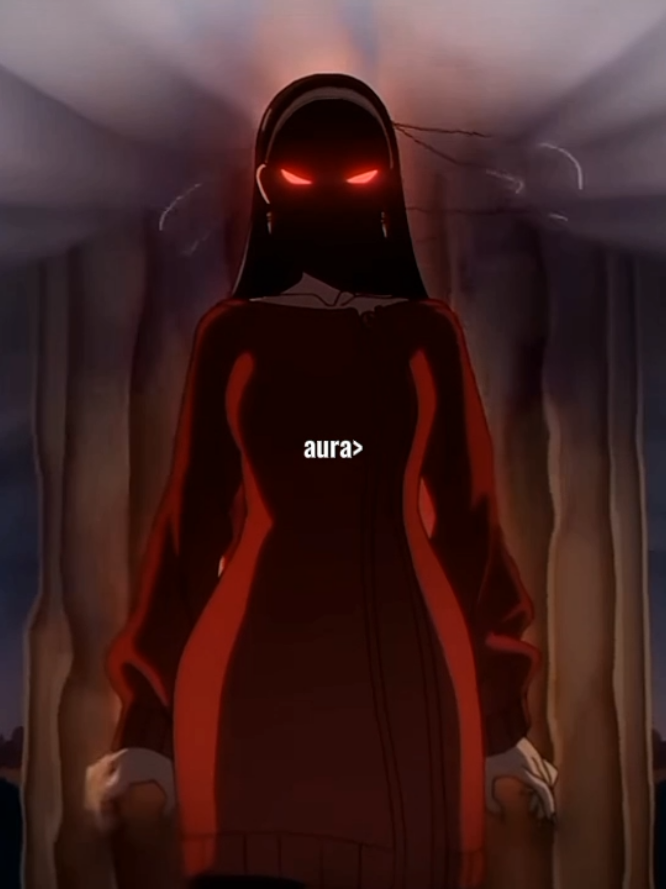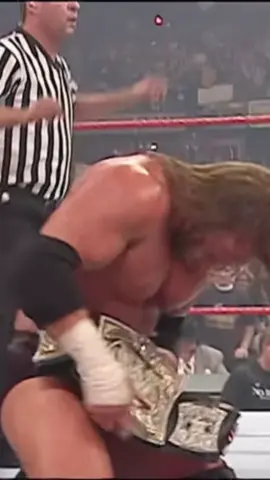Aurora_clips
Region: PE
Friday 31 January 2025 17:03:32 GMT
2608
45
1
0
Music
Download
Comments
Jhonatan Tuesta601 :
😂
2025-08-03 18:45:55
0
To see more videos from user @aurora_clips1, please go to the Tikwm
homepage.





